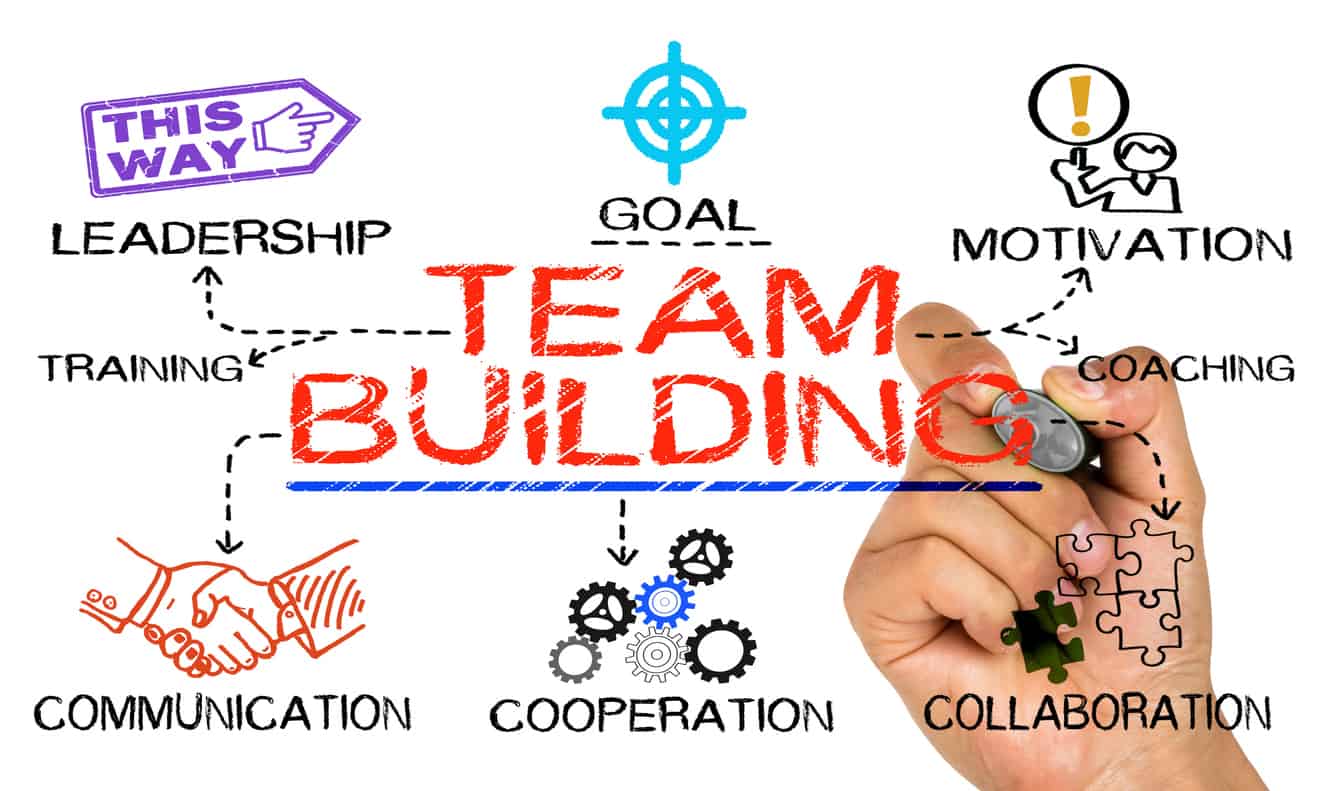In every successful organization, collaboration lies at the heart of progress. Whether it’s within startups, corporate environments, healthcare teams, or educational institutions, teamwork ensures that collective efforts lead to exceptional results. But effective teamwork doesn’t happen by chance—it’s a skill that requires practice, self-awareness, and structured learning.
This comprehensive guide explores the benefits of enrolling in a teamwork skills course, highlights top online teamwork courses, and provides strategies to cultivate stronger group dynamics in both virtual and in-person settings. If you’re looking to improve communication, boost productivity, and develop leadership potential, mastering teamwork is a must.

Table of Contents
- The Importance of Teamwork in Today’s World
- What Is a Teamwork Skills Course?
- Why Take Teamwork Courses Online?
- Key Competencies Taught in Teamwork Training
- Soft Skills vs. Technical Teamwork Abilities
- Popular Platforms for Teamwork Online Courses
- Who Should Enroll in a Teamwork Skills Course?
- What to Look for in a Quality Online Teamwork Course
- How Online Learning Enhances Collaboration
- Integrating Teamwork Lessons into the Workplace
- Case Studies: Real-World Impact of Team Training
- Building a Culture of Collaboration
- Final Thoughts: Invest in Team Success
1. The Importance of Teamwork in Today’s World
No matter the industry, collaboration is key to innovation and growth. From brainstorming sessions to project execution, teamwork enables the blending of diverse talents, perspectives, and ideas. In the digital age—where remote work is becoming the norm—the need for strong team dynamics is even more pronounced.
Studies show that organizations with high-functioning teams experience greater job satisfaction, improved problem-solving, and higher productivity. Investing in a teamwork skills course can unlock your team’s full potential.
2. What Is a Teamwork Skills Course?
A teamwork skills course provides structured training on how individuals can effectively work with others toward a shared goal. These courses focus on core team competencies such as:
- Communication and listening
- Conflict resolution
- Delegation and accountability
- Empathy and emotional intelligence
- Shared leadership and collaboration
Whether you’re a team member or a manager, developing these skills can dramatically improve your ability to thrive in a group setting.
3. Why Take Teamwork Courses Online?

Thanks to technology, online teamwork courses are accessible, flexible, and affordable. Here are some advantages:
- Learn from anywhere: Ideal for remote employees and global teams
- Self-paced or live options: Choose the format that suits your lifestyle
- Interactive learning: Group projects, simulations, and case studies
- Scalable: Train teams of any size without logistical challenges
Enrolling in online courses ensures that skill development isn’t hindered by location or time constraints.
4. Key Competencies Taught in Teamwork Training
Effective teamwork requires both interpersonal skills and tactical approaches. A good teamwork skills course typically covers:
- Communication Styles: Understanding verbal and non-verbal cues
- Group Dynamics: Stages of team development (forming, storming, norming, performing)
- Trust Building: How to create psychological safety within teams
- Conflict Management: Strategies to resolve disputes constructively
- Goal Alignment: Setting clear, shared objectives and expectations
- Feedback Culture: Giving and receiving constructive feedback
These skills are critical not only for team efficiency but also for individual career growth.
5. Soft Skills vs. Technical Teamwork Abilities
Teamwork isn’t only about being nice or agreeable. It’s about balancing interpersonal skills (soft skills) with practical application (hard skills).
Soft skills include:
- Active listening
- Emotional intelligence
- Empathy
- Cultural awareness
Technical teamwork skills include:
- Project management
- Workflow collaboration using digital tools
- Delegation systems
- Time tracking and progress assessment
Both types are necessary for a well-rounded team member.
6. Popular Platforms for Teamwork Online Courses
Here are some trusted platforms offering effective teamwork training:
- Coursera: Offers university-based courses such as “Teamwork Skills: Communicating Effectively in Groups”
- Udemy: A wide range of practical courses at different experience levels
- LinkedIn Learning: Ideal for professionals and corporate teams
- edX: Features academic-level courses from institutions like Harvard and MIT
- Skillshare: Great for creative teams and soft skill development
Each platform offers certificates and allows you to track your progress.
7. Who Should Enroll in a Teamwork Skills Course?

- Managers and Team Leaders: To learn how to lead diverse teams effectively
- HR Professionals: For designing training programs and resolving conflicts
- Remote Workers: To enhance digital collaboration and communication
- Students: To prepare for team-based projects and future jobs
- Entrepreneurs: For building strong co-founder or cross-functional relationships
Everyone can benefit from structured teamwork training.
8. What to Look for in a Quality Online Teamwork Course
- Expert Instructors: Courses should be led by experienced professionals
- Interactive Components: Case studies, group assignments, and discussions
- Real-World Application: Scenarios and tools you can use immediately
- Clear Outcomes: Defined goals, milestones, and skill checklists
- Positive Reviews: Feedback from past students matters
The best courses offer both theoretical frameworks and practical exercises.
9. How Online Learning Enhances Collaboration
Some assume that learning teamwork online is less effective than in person—but it can actually strengthen team dynamics:
- Encourages intentional communication
- Builds digital fluency (a must in hybrid work environments)
- Offers diverse peer interactions across industries and cultures
- Allows asynchronous collaboration
Teamwork online courses often include tools like Zoom, Slack, Miro, or Trello to simulate real working conditions.
10. Integrating Teamwork Lessons into the Workplace

To maximize course benefits:
- Schedule debriefs: Let team members share what they learned
- Set shared goals: Apply course concepts to real projects
- Create accountability systems: Track how team dynamics evolve
- Reinforce with coaching: Use team leaders or HR to support application
Training is only effective when followed by practice and feedback.
12. Building a Culture of Collaboration
Training is only the beginning. Long-term team effectiveness relies on:
- Consistent reinforcement: Make teamwork a daily value
- Clear leadership: Model collaboration from the top down
- Psychological safety: Encourage open communication and risk-taking
- Shared success metrics: Recognize both individual and team achievements
When companies prioritize teamwork, they create environments where everyone thrives.
13. Final Thoughts: Invest in Team Success
A teamwork skills course is one of the best investments you can make for yourself or your team. It builds confidence, improves communication, and cultivates a sense of shared purpose. Thanks to the accessibility of online teamwork courses, it’s easier than ever to develop these essential skills.
